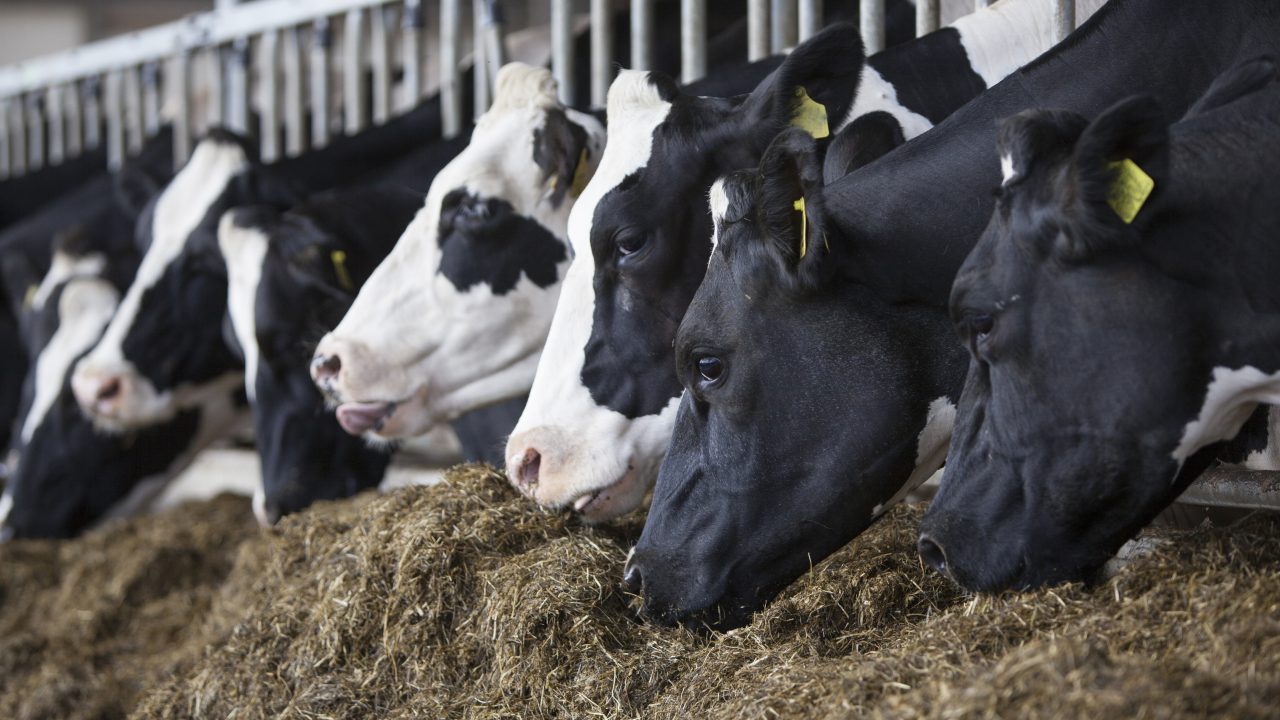New changes are set to be made to both the dairy Economic Breeding Index (EBI) and the calving difficulty evaluation.
The announcement was made today, Friday, January 10, by the Irish Cattle Breeding Federation (ICBF).
These changes are due to come into effect on the next official proof run on Thursday, January 23, after they were approved by the board of the ICBF earlier this week.
These developments, the ICBF said, come “after several years of research involving Teagasc and the ICBF – arising from industry feedback”.
The ICBF outlined the following changes that are expected to be made later this month.
Genomics in the EBI
The ICBF said the changes will mean more accurate genomic evaluations, based on including cows and other dairy breeds in the reference population.
For the first time, this will allow the provision of genomic evaluation services for other dairy breeds, including dairy cross-bred animals.
Calving difficulty in the EBI, replacement and terminal index
It is hoped that more informed breeding decisions will now be able to be made, with a calving difficulty figure that’s more specific to the animal being mated.
For example, whether the bull is mated to a dairy heifer, a dairy cow, a beef heifer, or a beef cow.
Maintenance sub-index in the EBI
A maintenance sub-index will now be available that more accurately reflects the cow’s live weight on farm.
Dairy beef index (DBI)
The DBI will continue to be rolled out, but it will now also include stock bulls and young pedigree breeding bulls.
Commenting on the reasoning behind these changes, Sean Coughlan, chief executive of the ICBF, stated:
ICBF is continually striving to deliver improved accuracy in genetic evaluations to the agri-industry; that process will never end as there will always be room for improvement.
He noted that “where innovative research and technology proves to be more beneficial than current methodologies, ICBF will look to implement them so that farmers and industry can make decisions that maximise profitability and sustainability. That is what people rightly expect of us”.
Michael Doran, chairperson of the ICBF board, added: “We are delighted that ICBF are now in a position to offer genomic evaluation services for all dairy animals.
The updating of the calving evaluation will also help farmers make more informed decisions as they will now be able to differentiate between the calving difficulty of a bull depending on the type animal to be mated.
“This is especially relevant for the continued roll-out of the DBI. The extension of that index to now include stock bulls and young bulls is a very welcome development.
Concluding, he said: “The unique relationship between Teagasc, industry partners and the ICBF has allowed us make these updates on behalf of farmers and the industry.”
